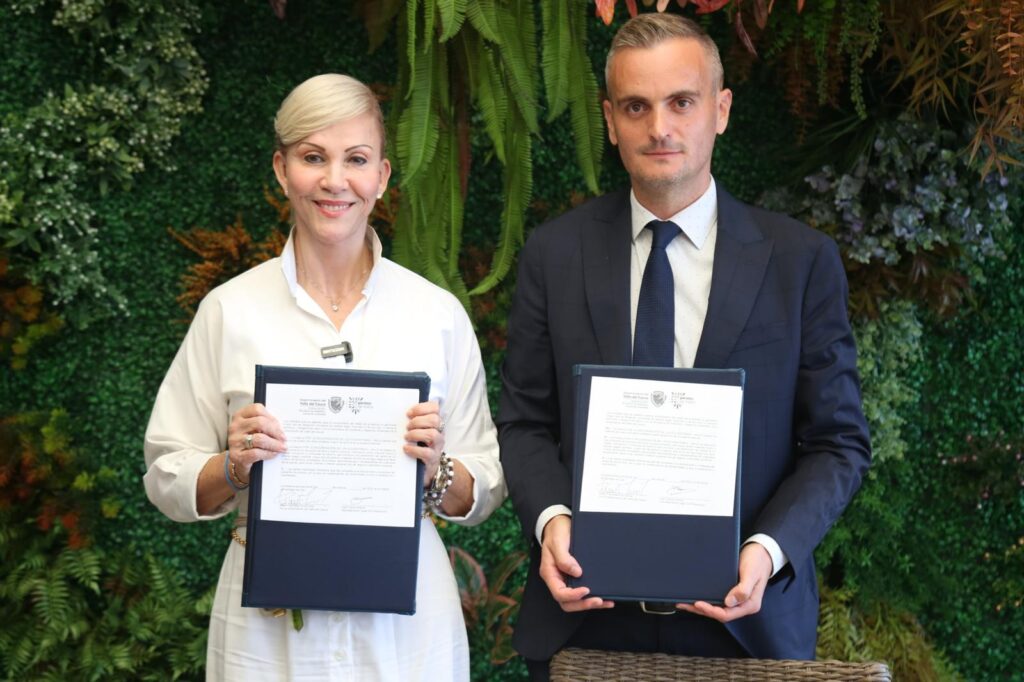A third of medium-sized companies in Spain acknowledge that they still do not report on any of the aspects related to their greenhouse emissions, according to Grant Thornton.
The firm specializing in audit and consulting services, Grant Thornton, has published an international study analyzing the preparation of sustainability reports by companies. This analysis specifies the current situation of Spanish companies before the entry into force of the new sustainability reporting standards to be published by the International Sustainability Standards Board (ISSB) at the end of this year 2022, which will require companies to provide information on their greenhouse gas emissions of scope 1, 2 and 3. For this reason, CO2 Revolution offers its carbon footprint calculation and compensation services in order to facilitate the sustainability communication process for companies.

According to Ramón Galcerán, president of Granton Thornton, “it is necessary to take information on emissions as seriously as the damage they cause; otherwise we will not make significant progress in the fight against climate change. In this sense, the data show that a significant percentage of medium-sized companies in Spain still have work to do in terms of preparing reports that measure their emissions”.
This initiative is organized by ICEX, an agency attached to the Ministry of Industry, Trade and Tourism, with the collaboration of Mind The Bridge, the innovation firm specializing in startups, as well as Red.es and the Economic and Commercial Office of Spain in Los Angeles. In this activity CO2 Revolution has the opportunity to learn in depth about the U.S. technology ecosystem and in particular that of Silicon Valley, thanks to the promotion of the generation of business opportunities and collaboration.
Despite the forthcoming entry into force of the ISSB standards, a considerable percentage of companies in our country are still trying to figure out how to comply with the new code. It has been determined that 38% of companies are currently identifying what will be new and planning the approach they will have to adopt in this respect. On the other hand, 36% of Spanish executives say that their respective companies are already reviewing their structures and adapting internal reporting processes in preparation for the new standard. In addition, almost 26% say they are proactively testing new reporting approaches to deal with the new regulation before it comes into force.

On the other hand, the research carried out by Grant Thornton concludes that 47% of the businessmen who have not yet introduced sustainability reports in their company do not know what benefits it would have for their organization to carry them out, 13 points more than the European average. Almost three out of ten (27%) believe, however, that sustainability reporting would enhance their reputation with stakeholders, while 17% believe that it would benefit them by demonstrating compliance with legislative requirements. In addition, 13% of managers believe that it would help them to access other markets and another 13% believe that it would help contribute to the overall goal of achieving zero emissions.
In relation to the companies that already report sustainably, 28% of the organizations consider that the main benefit for the company is focused on increasing its reputation with stakeholders, while for 26% these reports help to achieve the overall goal of zero net emissions, followed by the identification of an increased competitive advantage in the sector (26%), the demonstration of compliance with the requirements and increased preparedness to respond to climate-related risks for the business (24%).
For Jaime Romano, “Obtaining information and its associated processes has become a priority for Spanish companies, which translates into the need to obtain and properly report data with a higher level of quality, which will result not only in the information generated in compliance with ISSB standards or other ESG aspects, but in an overall improvement of the information that will favor an improvement in its management and business decision making”.


